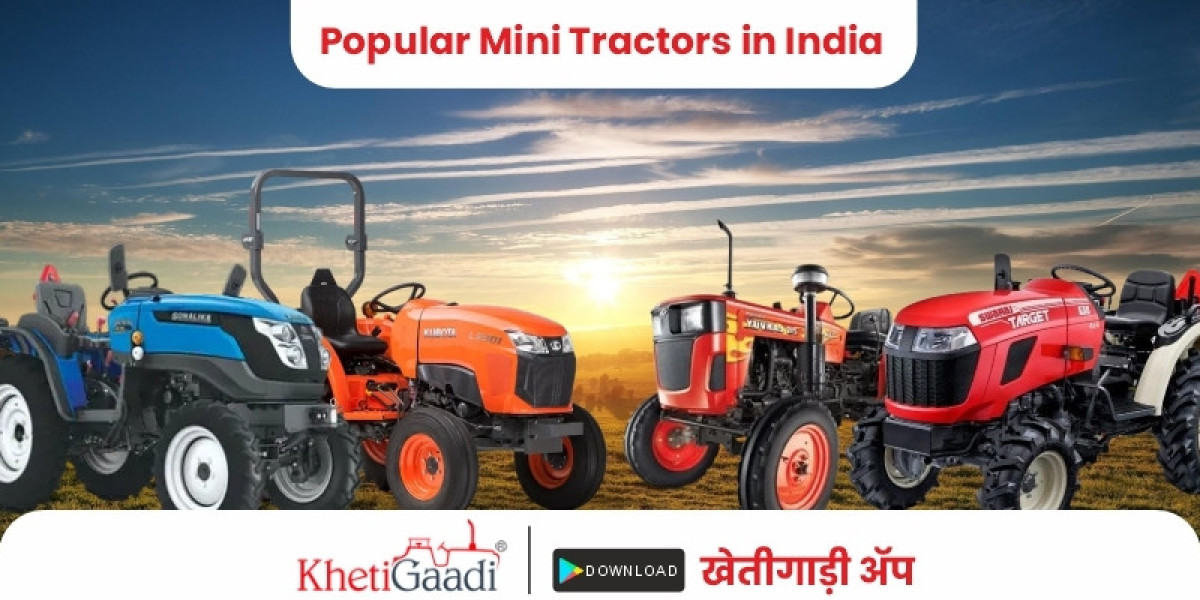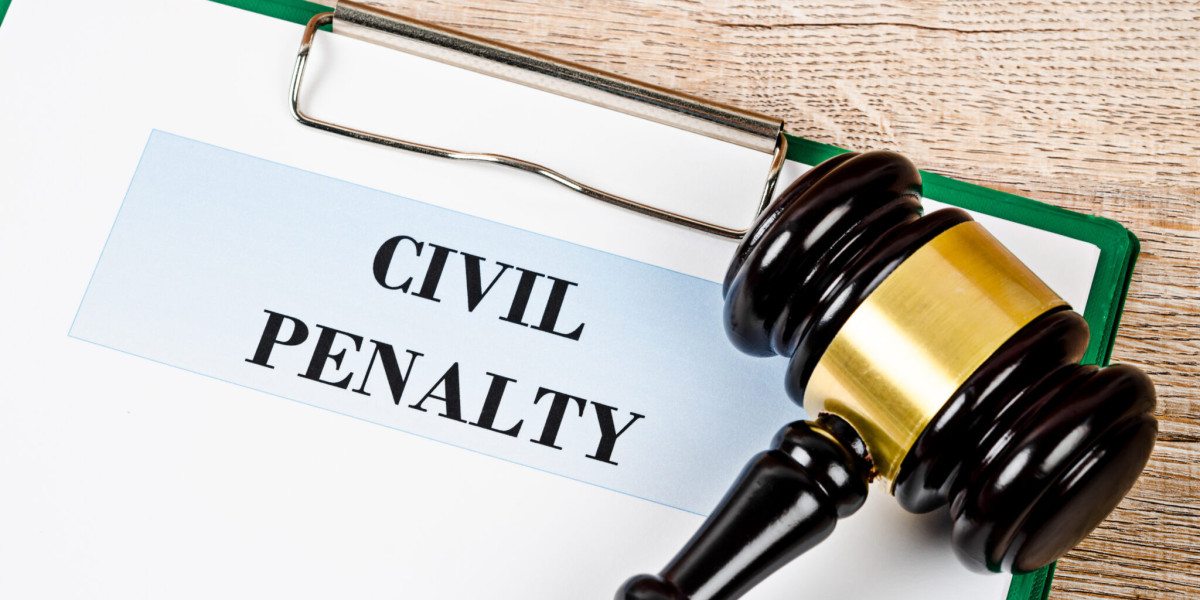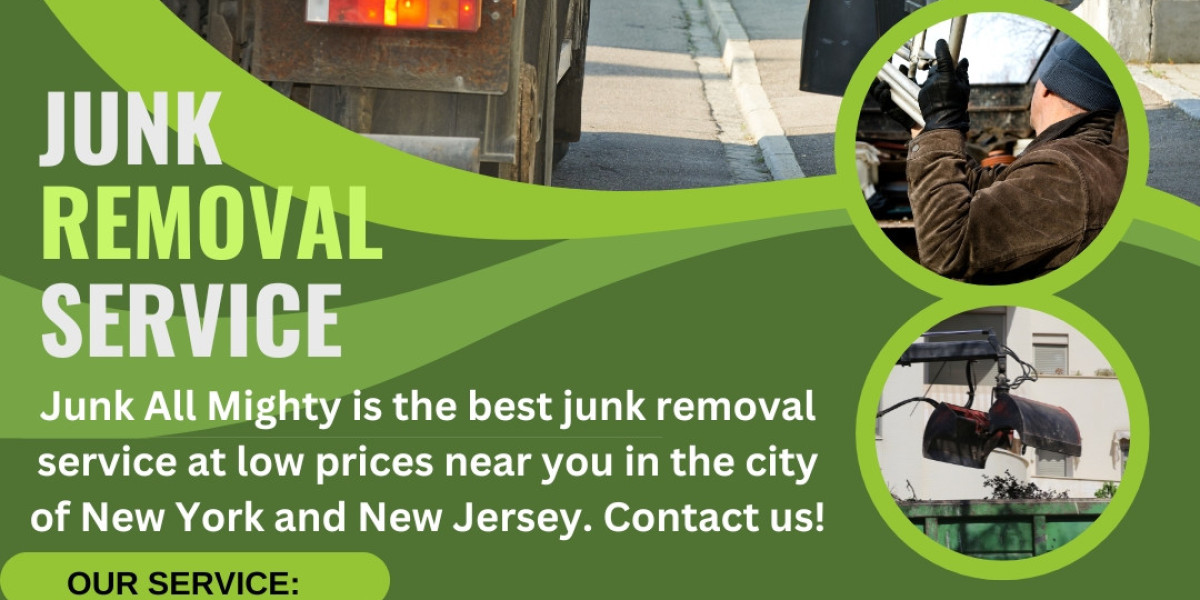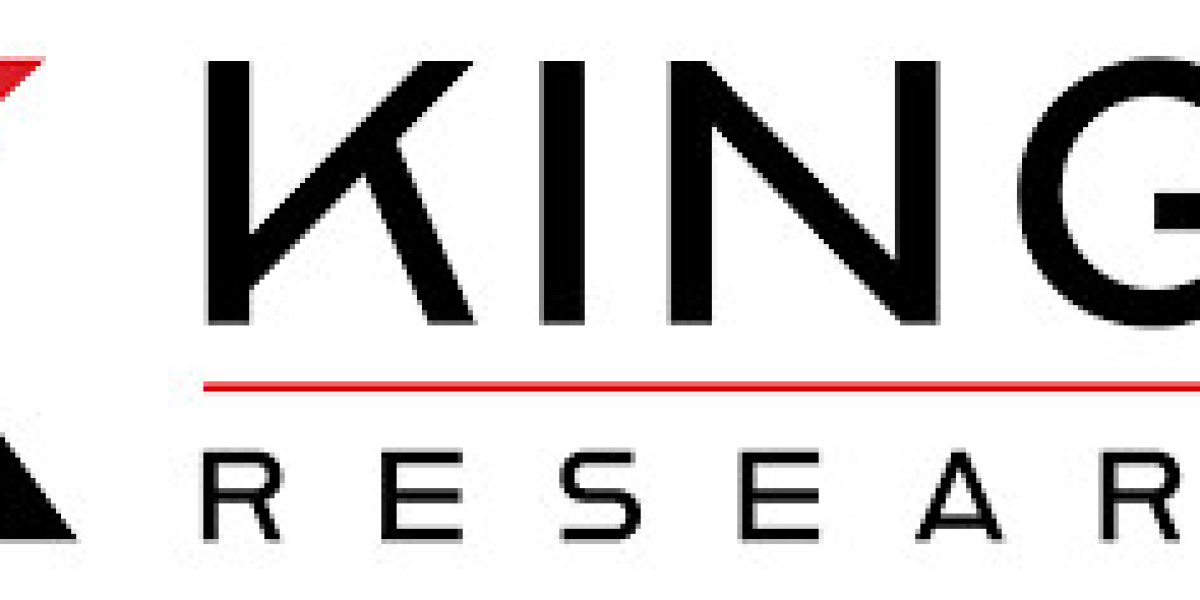Introduction
Terrace farming, an age-old agricultural practice, is gaining renewed interest among modern farmers due to its ability to maximize agricultural land use in hilly or uneven terrains. As global demand for efficient and sustainable farming methods grows, terrace farming offers a viable solution for enhancing crop production in challenging landscapes. This method involves cultivating crops on stepped sections built into the slope of a hill, which helps prevent soil erosion and allows for better water management.
To optimize terrace farming, the right equipment is essential. Mini tractors, such as the Sonalika DI 740 III, and versatile farming tools like power tillers and rotavators, play a crucial role in transforming terrace farming into a more manageable and productive endeavor. This article explores the benefits of mini tractors, the application of the Sonalika DI 740 III model, and the utility of power tillers and rotavators in terrace farming.
The Role of Mini Tractors in Terrace Farming
Mini tractors are compact, versatile, and specifically designed to operate in small, confined spaces and on steep terrains. Unlike their larger counterparts, mini tractors are ideal for terrace farming due to their agility and ease of maneuverability. They are engineered to handle the unique challenges posed by terrace farming, such as narrow pathways, steep inclines, and limited space for turning.
Benefits of Mini Tractors in Terrace Farming
1. Compact Size and Maneuverability: Mini tractors are small enough to navigate the narrow paths between terraces. Their compact size allows them to move easily without disturbing the carefully constructed terraces, which is crucial for maintaining the integrity of the land.
2. Fuel Efficiency: Due to their smaller engines, mini tractors consume less fuel, making them a cost-effective option for small-scale farmers or those operating in regions where fuel costs are high.
3. Versatility: Mini tractors can be fitted with a variety of attachments and implements, such as plows, harrows, and seeders, making them a versatile choice for different farming activities. This versatility is particularly valuable in terrace farming, where different crops and farming techniques may be employed across various terraces.
4. Affordability: Compared to full-sized tractors, mini tractors are more affordable, providing a budget-friendly option for small farmers or those who need multiple tractors for their operations.
Sonalika DI 740 III: A Perfect Fit for Terrace Farming
The Sonalika 740 is a standout mini tractor model that has proven to be highly effective for terrace farming. Known for its durability, reliability, and performance, the Sonalika DI 740 III is designed to handle the diverse needs of modern farmers.
Key Features of the Sonalika DI 740 III
1. Powerful Engine: The Sonalika DI 740 III is equipped with a robust engine that provides ample power for various farming tasks, from plowing and harrowing to sowing and hauling. This power ensures that the tractor can handle the challenging inclines and uneven terrain of terraces.
2. Efficient Design: With a compact and efficient design, the Sonalika 740 offers excellent maneuverability, making it ideal for navigating the tight spaces of terrace farms. The tractor's design also ensures stability, even on steep slopes, reducing the risk of accidents or damage to the terraces.
3. Versatility: The Sonalika DI 740 III can be equipped with a range of attachments, including plows, cultivators, and trailers, making it a versatile tool for terrace farming. This adaptability allows farmers to use a single machine for multiple tasks, increasing efficiency and reducing costs.
4. Ease of Maintenance: The tractor is designed for easy maintenance, with accessible parts and straightforward servicing procedures. This feature is particularly important for farmers in remote areas, where access to specialized repair services may be limited.
Power Tillers: Enhancing Soil Preparation on Terraces
Power tillers, also known as walking tractors, are another essential tool for terrace farming. These machines are ideal for small-scale farmers and are specifically designed for soil preparation in challenging terrains.
Benefits of Power Tillers in Terrace Farming
1. Improved Soil Aeration: Power tillers break up and turn over the soil, improving aeration and creating a favorable environment for plant roots. This process is crucial in terrace farming, where soil compaction can be a significant issue due to the weight of terraces and limited space for root growth.
2. Efficient Weed Control: By churning the soil, power tillers help control weeds, reducing the need for chemical herbicides. This is particularly beneficial for farmers practicing organic or sustainable farming methods on their terraces.
3. Adaptability to Different Terrains: Power tillers are lightweight and easy to maneuver, making them suitable for the uneven surfaces and slopes characteristic of terraces. Their ability to operate in confined spaces allows for thorough soil preparation without damaging the terrace structure.
4. Cost-Effectiveness: Power tillers are generally more affordable than full-sized tractors, providing a cost-effective solution for small farmers looking to optimize their terrace farming operations.
Rotavators: Maximizing Soil Health and Crop Yield
Rotavators, also known as rotary tillers, are vital for terrace farming. These implements are attached to tractors or power tillers and are used to churn the soil, breaking it down into a fine tilth ideal for planting.
Benefits of Rotavators in Terrace Farming
1. Soil Preparation and Conditioning: Rotavators mix soil thoroughly, breaking up clods and incorporating organic matter, which enhances soil fertility and promotes healthy plant growth. This conditioning is especially important on terraces, where soil erosion and nutrient runoff can degrade soil quality.
2. Weed Management: Like power tillers, rotavators help control weeds by uprooting them during soil preparation. This reduces reliance on chemical herbicides and supports sustainable farming practices.
3. Enhanced Water Retention: Proper soil preparation with a rotavator improves water retention, ensuring that crops receive adequate moisture even on sloped terraces where water runoff can be a problem.
4. Reduced Labor Costs: By mechanizing the soil preparation process, rotavators reduce the need for manual labor, lowering labor costs and increasing efficiency in terrace farming.
Conclusion
Terrace farming presents unique challenges and opportunities for modern agriculture, particularly in regions with hilly or uneven terrain. By leveraging the capabilities of mini tractors like the Sonalika DI 740 III, along with power tillers and rotavators, farmers can enhance the efficiency and productivity of their terrace farming operations. These tools not only make farming on terraces more manageable but also contribute to sustainable practices by reducing soil erosion, improving water management, and minimizing chemical use. As the demand for sustainable and efficient farming methods continues to grow, the integration of these machines and implements into terrace farming will play a crucial role in shaping the future of agriculture.








